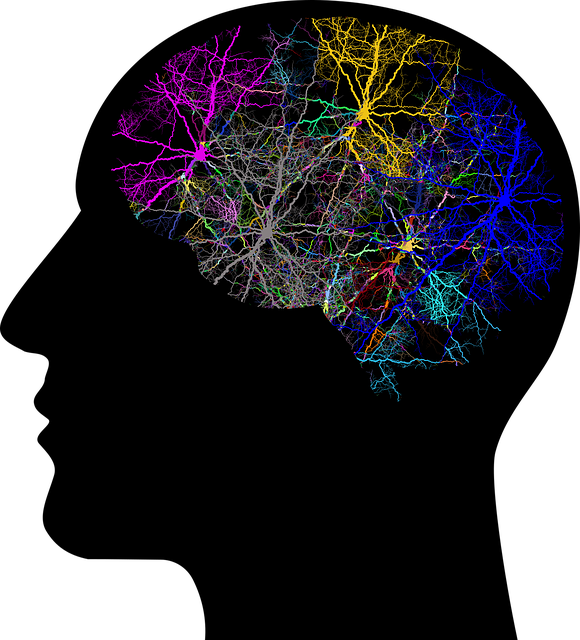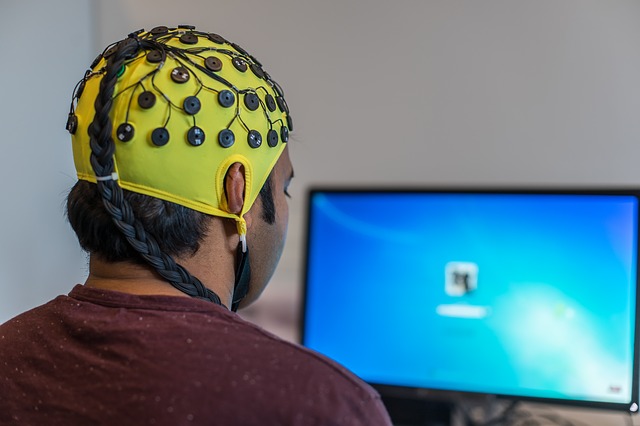 The human Brain still holds innumerable secrets. One of them is why we make certain choices and choose different paths in life. It turns out that a person's outlook on life can be related to their mental performance, according to a study by the University of Cambridge. Scientists have shown that people with extreme views do less well on complex intellectual tasks.
The human Brain still holds innumerable secrets. One of them is why we make certain choices and choose different paths in life. It turns out that a person's outlook on life can be related to their mental performance, according to a study by the University of Cambridge. Scientists have shown that people with extreme views do less well on complex intellectual tasks.
A team of scientists has found that our brains contain clues about the ideologies we want to live by. New research has shown that people with extremist views are less good at solving more complex brain teasers. Experts believe their work can be used to search for people at risk of radicalization, according to an article published in Philosophical Transactions of the Royal Society B.
Image source: Pixabay
Read more
An exciting article by Dorothy Bishop appeared in Nature 584: 9 (2020); doi: 10.1038 / d41586-020-02275-8
Collecting simulated data can reveal common ways in which our cognitive biases lead us astray.
Numerous efforts have been made over the past decade to promote robust and credible research. Some focus on changing incentives, such as changing funding and publication criteria, to favor open science over sensational breakthroughs. But attention must also be paid to the individual. Overly human cognitive biases can lead us to see results that are not there. Faulty reasoning leads to sloppy science, even when the intentions are good.
Read more
 Emotional headlines influence our judgment of other people, even if we consider their source to be unreliable Neuropsychologists of Berlin Humblodt University found out. Thanks to technological advances, rumors, lies and half-truths spread quickly and far. They are always available on the Internet. Although their truthfulness can often be easily questioned, they influence the beliefs of individuals and societal opinion. Until recently, however, little was known about how incorrect information could appear in the Brain processed and how that neurological Processes affect our judgment.
Emotional headlines influence our judgment of other people, even if we consider their source to be unreliable Neuropsychologists of Berlin Humblodt University found out. Thanks to technological advances, rumors, lies and half-truths spread quickly and far. They are always available on the Internet. Although their truthfulness can often be easily questioned, they influence the beliefs of individuals and societal opinion. Until recently, however, little was known about how incorrect information could appear in the Brain processed and how that neurological Processes affect our judgment. The human Brain still holds innumerable secrets. One of them is why we make certain choices and choose different paths in life. It turns out that a person's outlook on life can be related to their mental performance, according to a study by the University of Cambridge. Scientists have shown that people with extreme views do less well on complex intellectual tasks.
The human Brain still holds innumerable secrets. One of them is why we make certain choices and choose different paths in life. It turns out that a person's outlook on life can be related to their mental performance, according to a study by the University of Cambridge. Scientists have shown that people with extreme views do less well on complex intellectual tasks.